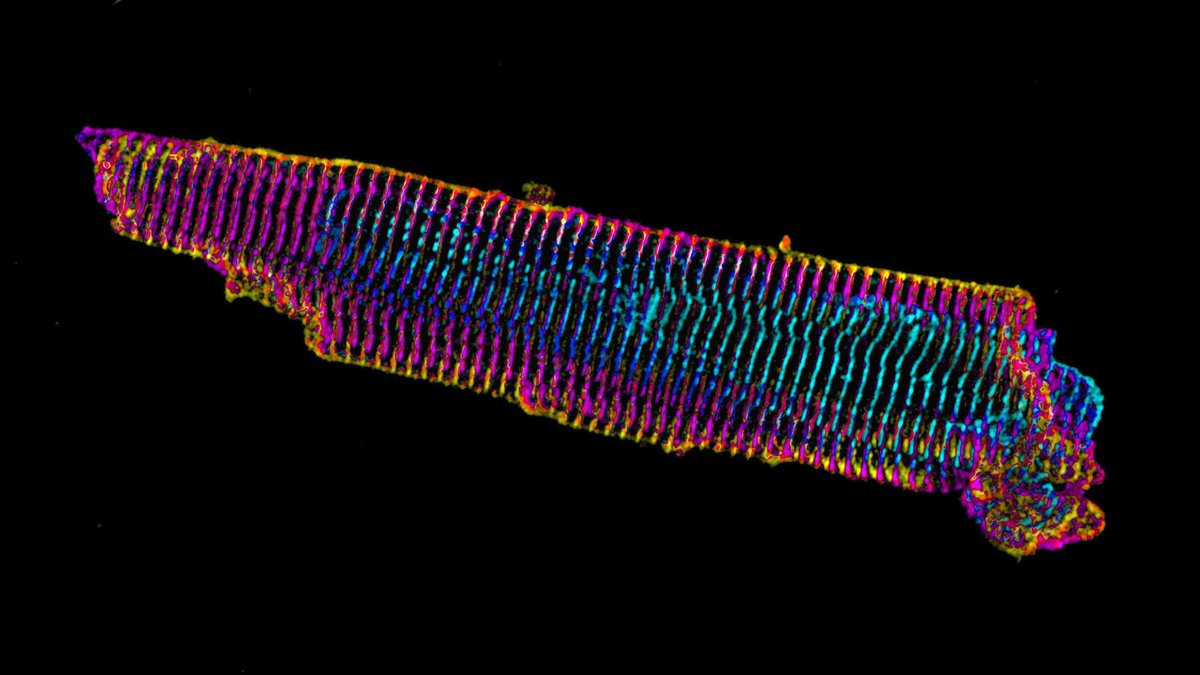Pathways to Public Policy Careers for those interested and looking for global opportunities
Public policy is made when a governing body attempts to address an issue of widespread public concern, such as health care. The process often runs in cycles and can take years.
What is the best advice for someone pursuing a career in public policy?
People often find their way to public policy careers because of an
Your ears should perk up when you hear the words “Center for,” “Institute,” “Association,” and “Foundation” because they represent potential employers.
Continuing education, such as a certification or fellowship, can also advance your career as someone interested in public policy and politics.
Many schools offer specialized programs in public policy that blend political science, sociology, and data analytics.
You can also publish articles.
You can work in the capacity of a:
Campaign Manager
Communications Coordinator
Policy research assistant/associate/fellow
Program manager
Government relations advocate
Community outreach manager
Assistant professor/lecturer
Community relations manager
Government relations manager
Program analyst
Program manager
Pollster
Political Consultant
Media Strategist
Policy Analyst
Legislative Aide
Chief of Staff
Intern/Volunteer
Public Policy Director
Market Research Analyst
Public Relations Specialist .
Colleges, Universities, and Professional Schools
You can work as professors at colleges and universities. You can also pursue administrative positions, using your analytical skills to bolster university operations & improve student retention.
Public policy professionals work for publicly funded committees, departments, & agencies that oversee specific logistical & political functions. Careers include chief administrative officer, urban planner, and community liaison.
Public policy analysts help these nonprofit organizations create effective community awareness campaigns. They also lobby lawmakers and government agencies for policy changes.
This can range from program analysis, program management and administration, legal analysis to public relations and communications and policy development for local, state, national, and international government agencies.
Researchers work for government agencies, nonprofits, and private businesses. They conduct studies to gauge public opinion about specific issues and use their findings to facilitate policy development and program implementation.
The fed Govt employs public policy analysts in civil service, military, and political appointments. Professionals who work for the government usually specialize in an area of public policy like housing, agriculture, economic development, or foreign affairs.
■Communication, particularly public speaking. Strong communication skills help those who enter a public policy career convey information clearly and persuasively, whether it be written, orally, or through multimedia.
■The ability to perform research to collect or analyze data, as well as synthesize information.
■Strategic decision-making and the ability to work independently on multiple tasks concurrently.
Advocacy organizations
Labour unions
Think tanks
Foreign Policy Association
NIRA's World Directory of Think Tanks: Directory of more than 500 think tanks from 100 different countries. (https://t.co/NNJG2fFIdc)
Foreign Policy Association (https://t.co/lkLb8TYb0B)
Hill Zoo (https://t.co/ijZFFj0dv8)
Public Policy Handbook (https://t.co/NNJo3myqmM)
PSLawNet (https://t.co/3SLnHNtF8J)
Roll Call (https://t.co/l3dHs2bFKH)
TheHill (https://t.co/Ejbtd0k9Ti)
• USAJobs(https://t.co/8Vw2VeEEpH)
More from Health
Imagine you go to the doctor and get tested for a rare disease (only 1 in 10,000 people get it.)
The test is 99% effective in detecting both sick and healthy people.
Your test comes back positive.
Are you really sick? Explain below 👇
The most complete answer from every reply so far is from Dr. Lena. Thanks for taking the time and going through
Really doesn\u2019t fit well in a tweet. pic.twitter.com/xN0pAyniFS
— Dr. Lena Sugar \U0001f3f3\ufe0f\u200d\U0001f308\U0001f1ea\U0001f1fa\U0001f1ef\U0001f1f5 (@_jvs) February 18, 2021
You can get the answer using Bayes' theorem, but let's try to come up with it in a different —maybe more intuitive— way.
👇

Here is what we know:
- Out of 10,000 people, 1 is sick
- Out of 100 sick people, 99 test positive
- Out of 100 healthy people, 99 test negative
Assuming 1 million people take the test (including you):
- 100 of them are sick
- 999,900 of them are healthy
👇
Let's now test both groups, starting with the 100 people sick:
▫️ 99 of them will be diagnosed (correctly) as sick (99%)
▫️ 1 of them is going to be diagnosed (incorrectly) as healthy (1%)
👇
1/13
A thread based on Figure 1
A mature adult cardiac myocyte is packed with sarcomeres, whose contractile forces are coupled to the extracellular environment. With sarcomeres so close to the plasma membrane, how can we study the nature of this coupling?
2/13

Short answer: find a model system where the sarcomeres are not so close to what the cardiac myocyte is attached to. Enter, iPS cell-derived cardiac myocytes. These are “immature” in culture as they resemble fetal or neonatal cardiac myocytes.
3/13

Our previous work on iPS cardiac myocytes reported that sarcomere containing myofibrils assembled on the top surface of the myocyte.
https://t.co/xIBCu3hG1W
4/13

The sarcomeres seemed to be connected to focal adhesions on the bottom of the cell by thin actin bundles that resembled the dorsal stress fibers (DSF) commonly found in non-muscle cells. This movie steps through a Z stack of a myocyte starting at the bottom of the cell.
5/13

Someone with decades of training gives someone with none advice usually packed into 1-3 mins. Huge amount is based on trust. Huge potential for bias built in. But also there is no obligation to provide real alternative options.
MAiD isn't eugenics. The task for the medical profession is to ensure informed consent. Failures on that front should result in enforcement of the law. But Bill C-7 is the result of the existing regime imposing unnecessary, unconstitutional harms by blocked access to MAiD.
— Emmett Macfarlane (@EmmMacfarlane) February 13, 2021
I am classified as 'gifted' (obnoxious and ableist term). I mention because of what I am about to say. You all know that I was an ambulatory wheelchair user previously - could stand - but contractures have ended that. When I pleaded for physio, turned down. But did you know...
I recently was chatting with a doctor I know and explaining what happened and the day the physiatrist told me it was too late and nothing could be done. The doctor asked if I'd like one of her friends/colleagues to give second opinion. I said yes please! So...
She said can you send me MRI and other imaging they did to determine it wasn't possible to address your contractures.
Me: What?
Dr.: They did a MRI first before deciding right?
Me: No
Dr: What did they do??!
Me: Examined me for 2 minutes.
Dr: I am very angry rn. Can't talk.
My point is you don't even know if you are making "informed" decisions because the only source of information you have is the person who has already decided what they think you should do. And may I remind you of a word called 'compliance.'
You May Also Like
@NBA @StephenKissler @yhgrad 1. From Day 1, SARS-COV-2 was very well adapted to humans .....and transgenic hACE2 Mice
1. From Day 1, SARS-COV-2 was very well adapted to humans .....and transgenic hACE2 Mice
— Billy Bostickson \U0001f3f4\U0001f441&\U0001f441 \U0001f193 (@BillyBostickson) January 30, 2021
"we generated a mouse model expressing hACE2 by using CRISPR/Cas9 knockin technology. In comparison with wild-type C57BL/6 mice, both young & aged hACE2 mice sustained high viral loads... pic.twitter.com/j94XtSkscj
@NBA @StephenKissler @yhgrad 2. High Probability of serial passaging in Transgenic Mice expressing hACE2 in genesis of SARS-COV-2
1. High Probability of serial passaging in Transgenic Mice expressing hACE2 in genesis of SARS-COV-2!
— Billy Bostickson \U0001f3f4\U0001f441&\U0001f441 \U0001f193 (@BillyBostickson) January 2, 2021
2 papers:
Human\u2013viral molecular mimicryhttps://t.co/irfH0Zgrve
Molecular Mimicryhttps://t.co/yLQoUtfS6s https://t.co/lsCv2iMEQz
@NBA @StephenKissler @yhgrad B.1.1.7 has an unusually large number of genetic changes, ... found to date in mouse-adapted SARS-CoV2 and is also seen in ferret infections.
https://t.co/9Z4oJmkcKj

@NBA @StephenKissler @yhgrad We adapted a clinical isolate of SARS-CoV-2 by serial passaging in the ... Thus, this mouse-adapted strain and associated challenge model should be ... (B) SARS-CoV-2 genomic RNA loads in mouse lung homogenates at P0 to P6.
https://t.co/I90OOCJg7o



















